This practice, which is well-rooted in culture, requires men to present as much as 13,000 cowries, three or four cows, guinea fowls, sheep, among others, depending on the community they want to marry from.
As a result, many young men are unable to raise the dowry to marry, hence an increase in immorality, teenage pregnancy, single parenthood and abortion of unwanted pregnancies in these areas.
A former assembly member of the Wa Municipal area and the Upper West regional coordinator for the Savannah Women Empowerment Group, Ghana (SWEGG), Madam Comfort Mumuni, who disclosed this to The Mirror in an interview, described the practice as worrying.
She said some of the young men who were able to afford the items treated their wives as “slaves” or “properties” they had acquired with their wealth because of the huge sums they spent on the dowry.
Customs and Traditions
In most African communities, the dowry or bride price refers to payments made at the time of marriage. It is typically paid by the groom or the groom’s family to the bride’s family in appreciation of the efforts in raising their daughter and preparing her for marriage.
In some cultures, however, the family of the bride rather presents money and other valuable items to the groom as dowry.
Madam Mumuni said in some areas in the Upper West Region, parents of the bride to-be expected the man to pay the same amount or present the same items that were taken during her future mother- in-law’s wedding.
For instance, if a man presented four cows as dowry to marry a woman, he also expects a man marrying his daughter to also present four cows as dowry.
She said the high cost of livestock made it difficult for young men to afford them.
She explained that in some communities, the cost or items collected by the bride’s family as dowry was considered by some families as the economic value of their daughter, and added that “families who accept moderate or lower amounts are ridiculed by neighbours in the community.”
Additionally, women who wanted to divorce their husbands due to ill treatments were made to return the exact dowry collected before the marriage and since most families are not able to refund the items, the women are left to suffer in the marriage.
Role of traditional leaders
Traditional leaders in these areas play significant roles during marriage ceremonies and so as part of efforts to reduce the expensive dowries, Madam Mumuni said the executive of the SWEGG had initiated series of meetings with traditional leaders and heads of families in the communities to help halt the practice.
“We have had some meetings with leaders in these communities and we believe very soon, some of these cultural practices would be amended,” she said.
Advocacy by SWEGG
The SWEGG is a non-partisan organisation made up of women mainly from the three northern regions of Ghana.
Part of the objectives of the group is to advocate women’s rights and economic justice and serve as a platform for exchange of ideas and strategies in fighting all forms of discriminatory practices against women.
It also seeks to promote gender equality and women empowerment.
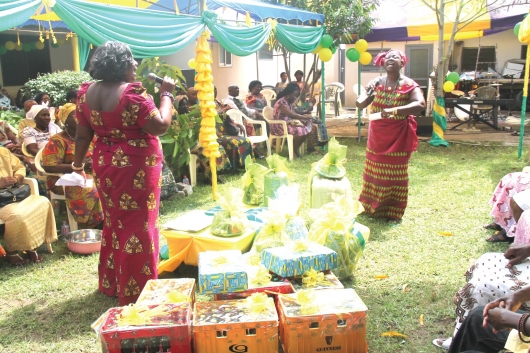
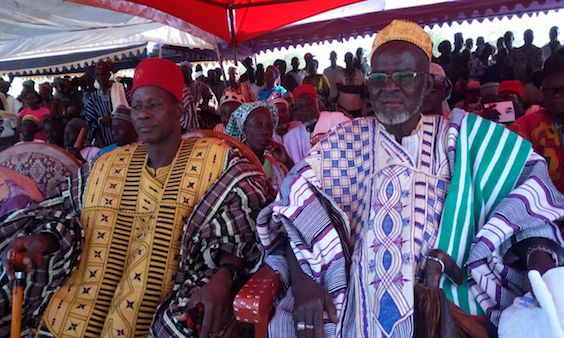
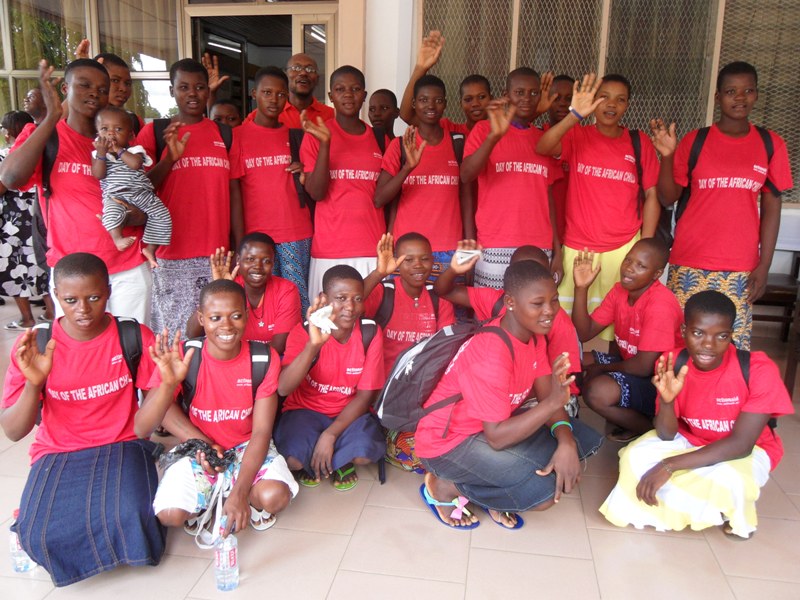
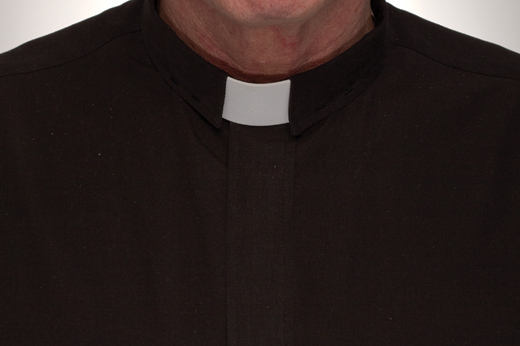
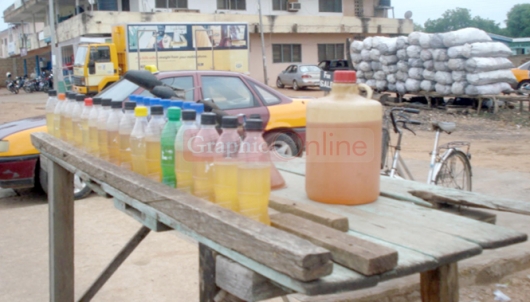






 (Selorm) |
(Selorm) |  (Nana Kwesi)
(Nana Kwesi)